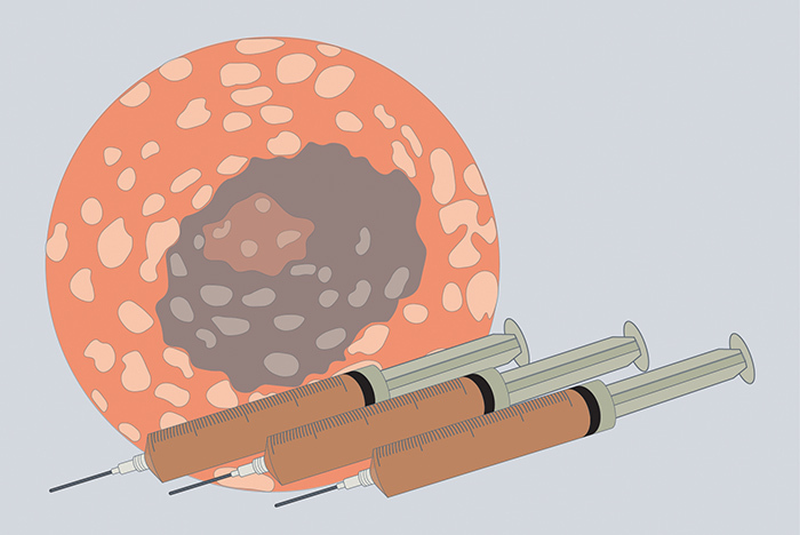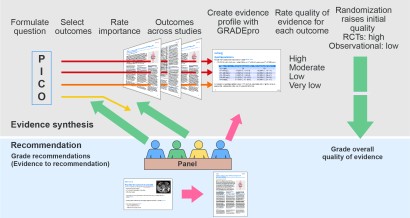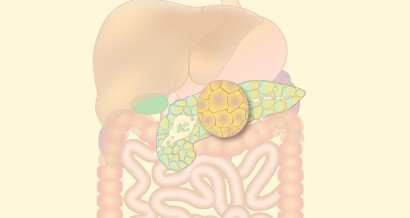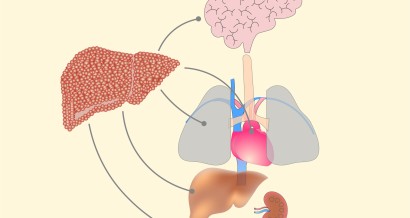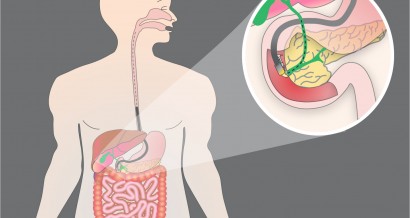Faecal microbiota transplantation (FMT)—the transfer of gut microbiota from a healthy donor to a recipient—is now accepted as a treatment for recurrent Clostridium difficile infection. FMT is also considered promising as a treatment for other diseases, including IBD, metabolic disorders and IBS.
This online course is formed of two modules that address current indications, current evidence and future perspectives for FMT, the practical issues and technicalities of the procedure and the issues associated with developing an FMT centre. Live sessions are included for both the preparation and delivery of the faecal sample.
Learning objectives
- Acquire knowledge of the therapeutic avenues for the modulation of gut microbiota
- Be aware of the current evidence and future perspectives for FMT in the management of recurrent CDI, IBD, metabolic disorders and IBS in both children and adults
- Be aware of the current indications for FMT in clinical practice
- Be aware of the practical issues and technicalities of FMT (patient selection, donor screening, material preparation, routes of delivery, usefulness of deep microbiota sequencing)
- Acquire knowledge of the issues associated with the development of an FMT centre
Target audience
Targeted learners include gastroenterologists, endoscopists, internists, paediatricians, endocrinologists, surgeons, infectious disease specialists and clinical microbiologists who are interested in gut microbiota and who deal with diseases associated with gut microbiota perturbation (recurrent CDI, IBD, IBS, obesity, diabetes and other metabolic disorders).
